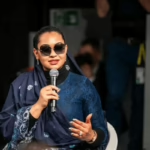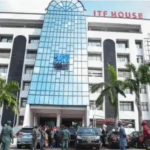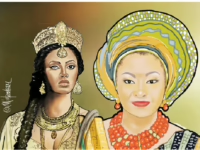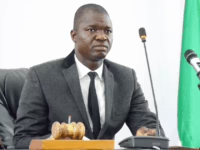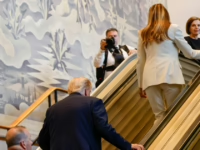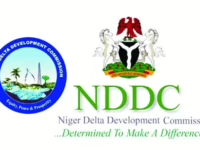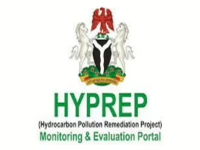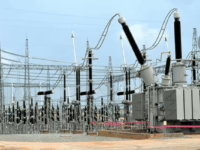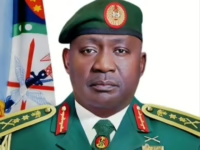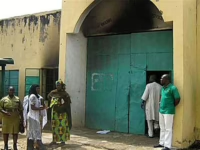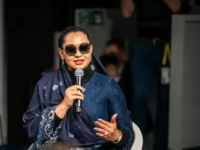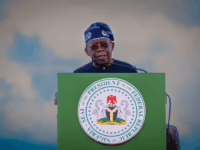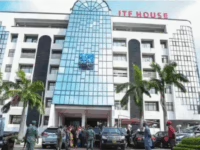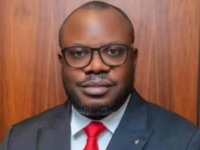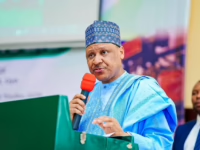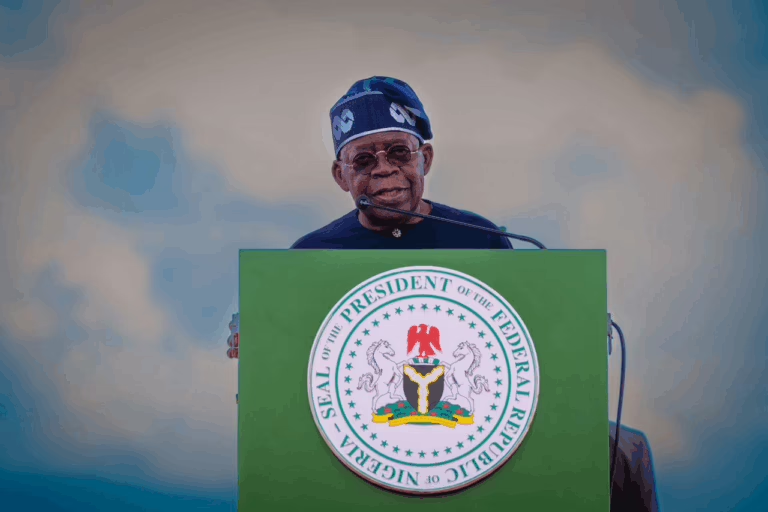President Bola Ahmed Tinubu has advocated for a fundamental restructuring of the global financial systems that oversee Africa’s mineral wealth.
He emphasized the urgent need for African countries to independently fund their mineral industries and take command of the continent’s role within international supply chains for these resources.
“Firstly, I call on African nations to move up the value chain,” President Tinubu stated. “We must break free from the degrading pattern of exporting raw minerals and importing finished products. From processing to eco-friendly manufacturing, Africa needs to establish industries on its own soil.”
This shift, he argued, is essential to safeguard the sovereignty of African states. He urged collaborative efforts among development partners and allies to transform Africa’s mineral economy into a tangible advantage for the continent.
Speaking through Vice President Kashim Shettima at the Second Africa Minerals Strategy Group (AMSG) High-Level Roundtable on Critical Minerals Development in Africa-held alongside the 80th United Nations General Assembly in New York-President Tinubu called for bold, unified action.
“We must seize control of financing our future. No longer should we wait passively for external capital. Through sovereign wealth funds, blended financing mechanisms, and innovative solutions like the Africa Mineral Token, Africa will fund its own development. To protect this autonomy, we must manage our cobalt, lithium, graphite, gold, and rare earth elements not as isolated nations but as a united continental force, commanding influence in global supply chains,” the President declared, as conveyed by VP Shettima’s spokesperson, Stanley Nkwocha.
Reaffirming Nigeria’s dedication to spearheading a mineral-driven revival under the Renewed Hope Agenda, Tinubu encouraged African leaders to break the “vicious cycle” of importing finished goods by accelerating government-led mineral exploration initiatives.
He outlined four key pillars to unlock Africa’s mineral economic potential:
“Secondly, I am proud to announce that with the African Minerals and Energy Resource Classification (AMREC) and the Pan-African Resource Reporting Code (PARC), Africa will no longer rely on external sources for geological data. Our continent’s resources will be systematically mapped, standardized, and owned by Africans,” the President explained.
“Thirdly, data alone is insufficient. We must intensify government-driven mineral exploration and comprehensive geological mapping. Without exploration, sovereignty is unattainable; without mapping, value cannot be realized. Every member state should prioritize nationwide surveys, strengthen geological institutions, and share expertise through AMSG. When Africa controls its geological maps, it controls its destiny.”
“Fourthly, I urge African leaders to take decisive steps in financing the continent’s future. Utilizing sovereign funds, blended financial vehicles, and innovative tools such as the Africa Mineral Token, Africa will finance itself,” he emphasized.
President Tinubu called for unified leadership, inviting sovereign wealth funds, private sector partners, and development allies to collaborate in reshaping Africa’s mineral economy narrative.
“Countries like Nigeria, Uganda, Zimbabwe, Burkina Faso, Mali, Botswana, Gabon, and Ghana are pioneering this era of equitable trade by imposing bans on raw mineral exports to encourage local processing. Zimbabwe’s 2022 ban on raw lithium exports, Gabon’s plan to halt manganese exports by 2029, and Kenya’s initiative to restrict raw gold exports are bold, historic steps. Nigeria is fast-tracking similar reforms, recognizing that this path leads to job creation, industrial growth, and prosperity,” the President noted.
He praised Nigeria’s Minister of Solid Minerals Development, Dr. Dele Alake, who chaired the event, alongside Uganda’s Secretary-General, H.E. Moses Michael Engadu, for steering Africa toward a future marked by productivity and dignity.
Concluding his remarks, President Tinubu pledged Nigeria’s unwavering support to ensure that AMSG fulfills its mission of igniting a mineral-led renaissance. “Let us depart from this dialogue with a clear communiqué, an actionable framework, and a united spirit,” he urged.
Minister Alake welcomed all participants and stressed the importance of unity among African nations. He highlighted that with focused determination, renewed partnerships, and transparency in the minerals sector, Africa can fully harness the extensive benefits of a robust, harmonized mineral industry. “These resources are vital for global sustainable development and serve as catalysts for Africa’s rapid industrialization,” he added.
Ahunna Eziakonwa, UN Assistant Secretary-General and Regional Director for Africa at UNDP, cautioned African leaders to strategically position themselves to maximize benefits from their resources, warning against ongoing exploitation and extraction without fair value.
Meanwhile, Vice President Shettima participated in a roundtable organized by the Business Council for International Understanding (BCIU) in collaboration with Flour Mills of Nigeria and other major corporations. He highlighted Nigeria’s investment prospects and the sweeping economic reforms under President Tinubu’s administration.
Shettima assured investors that with President Tinubu-who has a background rooted in the American business environment-they have a reliable partner who understands their language and priorities.
He noted that Nigeria’s economy has turned a corner thanks to the President’s transformative reforms, resulting in remarkable stability and positive growth indicators. “There has never been a better time to invest in Nigeria, given the improved business climate and ease of operations,” he encouraged.
Additionally, Vice President Shettima held a bilateral meeting with Christian Stocker, Chancellor of the Republic of Austria, at the UN Headquarters in New York. Both leaders agreed to strengthen bilateral relations and explore new avenues for cooperation.


